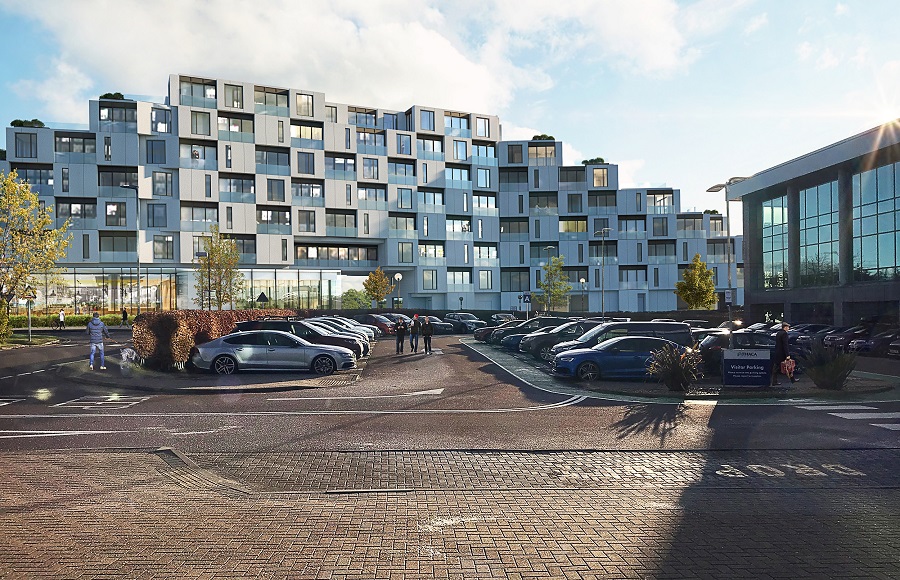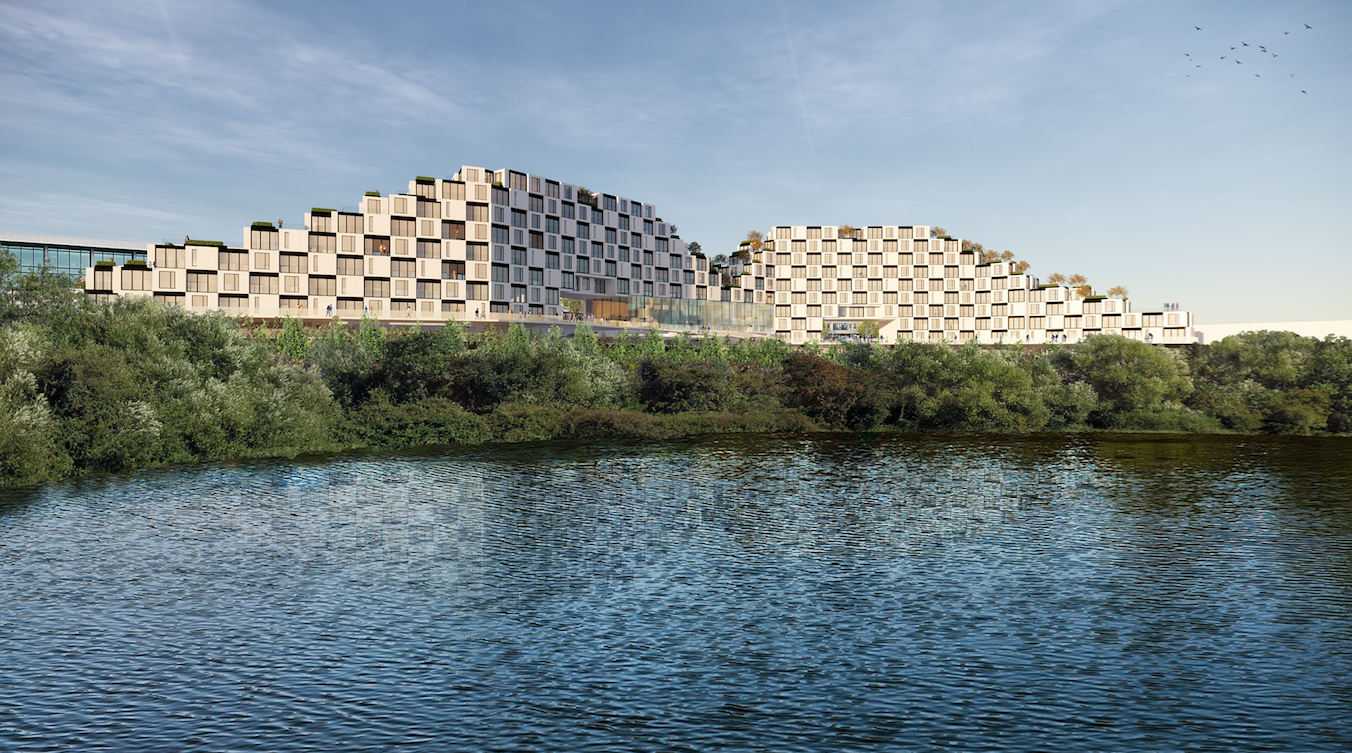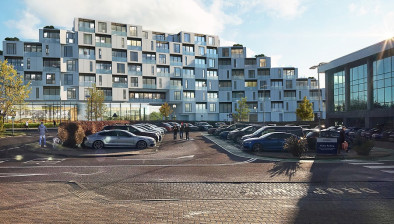Scottish Government confirms planning consent for Rubislaw Quarry flats
A Scottish Government reporter has confirmed his decision to approve plans for 245 flats at Aberdeen’s historic Rubislaw Quarry.

Canadian developer Carttera had appealed to the Scottish Government following unsuccessful bids for planning permission for its £70 million build-to-rent proposals. Aberdeen City Council’s planning committee had twice turned down the plans, both times against the recommendations of their planning officers.
More than 400 objections were lodged against these latest plans, up to nine storeys tall but scaled down in size from almost 300 flats to 245.
Rubislaw View, on the northern edge of the quarry, would also include a residents-only gym and function room, as well as a public bistro and promenade overlooking the quarry from which millions of tonnes of granite was excavated in the 200 years before its 1970s closure.
Back in November, Scottish Government reporter David Buylla said he was minded to approve the application should conditions be agreed between the parties involved. And earlier this month, The Press & Journal reported that the finishing touches were being applied to a contract – worth around £3.7 million to the local authority – which would realise the developer’s plans.
Last night, Mr Buylla confirmed his decision to grant consent for the development.

More than 20 conditions were attached to the planning permission granted, and work would have to start on-site within three years.
Local businessman Hugh Black, who previously planned a granite heritage centre on the other side of the quarry, is among those opposed to the project and is now considering legal action.
Mr Black told The P&J: “This sends out a signal to all developers that they can build whatever they want, wherever they want in Aberdeen, whether Aberdeen likes it or not.
“I thought we lived in a democracy but it feels more like a dictatorship when decisions like this are made. Our hope is that the developer will not be able to satisfy all of the 21 conditions, some of which may prove difficult.
“I am already getting messages from people who want to see this taken to the Court of Session.”








